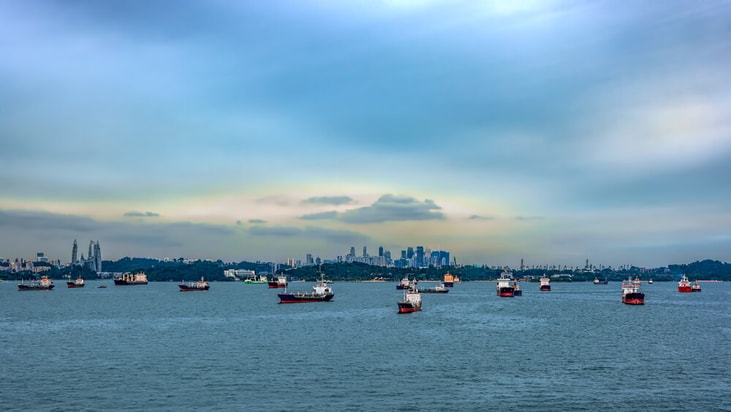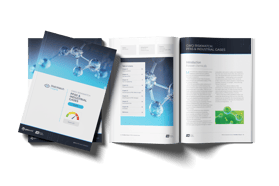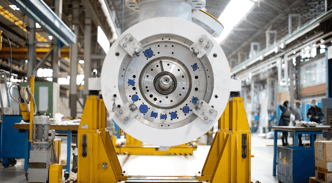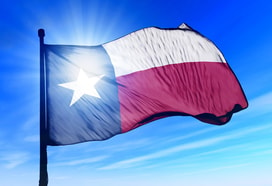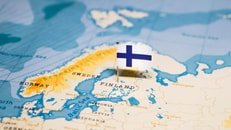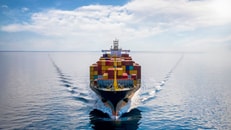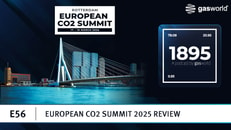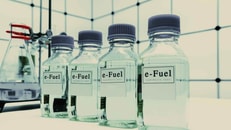Maersk, Equinor ink green methanol deal for feeder vessel
Shipping giant and clean energy company Equinor have signed a deal securing supply of green methanol for Maersk’s new methanol-enabled feeder vessel.
Set to run from this month into the first half of 2024, the agreement will guarantee green methanol supply for the ship from its entry into operation on a loop from Northern Europe into the Baltic Sea after the name giving ceremony later this month in Copenhagen, Denmark.
To be bunkered in Rotterdam, the green – or bio – methanol is produced from manure-derived biogas.
The biogas is upgraded to biomethane and injected into the existing gas grid and the methanol is produced from the biomethane in the grid on a mass-balance basis.
... to continue reading you must be subscribed

